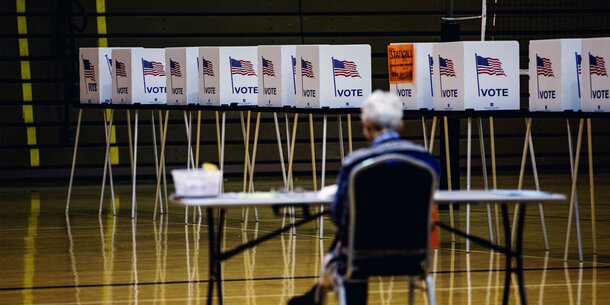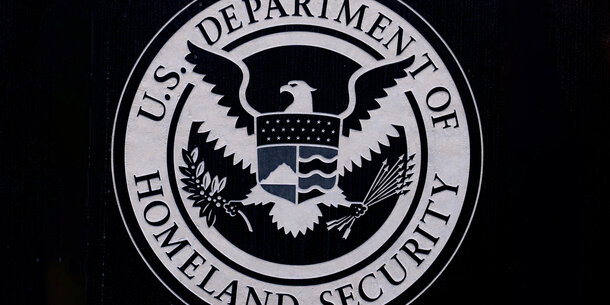Certification, the statutory process by which officials sign off on the completion of election results, usually serves as an important but uneventful formality.
Immediately after an election takes place, poll workers and local election officials begin a rigorous, multistep process to accurately determine the results. Once the results have been tabulated and verified, local officials “certify,” or sign off on the completion of the process. This sign-off is not intended to verify the final vote count, but rather to confirm the verification process that already took place. Local certifying officials must follow detailed state statutes and regulations when they certify, and those frameworks establish that they must leave any allegations of fraud or misconduct to courts that hear post-election challenges and criminal proceedings. In short, certification leaves no room for local certifying officials to investigate elections or take legal questions into their own hands.
A case out of Fulton County, Georgia, seeks to change this status quo. A Republican member of the Fulton County Board of Elections and Registration, Julie Adams, refused to certify the county’s May 2024 primary election based on unspecified “discrepancies.” She then filed a lawsuit against the board and Fulton County’s election director, arguing that as a local election official, she has discretion to refuse to certify the results until the defendants provide her with troves of election data to investigate the election. Her complaint asks the court to force the board to turn over countless documents and rewrite the law to give her a green light to refuse to certify election results.
On July 22, the defendants filed a motion to dismiss Adams’s complaint. On July 29, the Brennan Center and cocounsel filed a friend-of-the-court brief in support of the defendants on behalf of the Georgia State Conference of the NAACP, Georgia Coalition for the People’s Agenda, League of Women Voters of Georgia, and League of Women Voters of Atlanta-Fulton County. The brief raises three important points to ensure that voters are represented in a case that could affect whether their legally cast ballots will count.
First, the brief contextualizes Adams’s lawsuit within the history of election certification in the United States. For as long as our country has held elections, rogue local officials have attempted to manipulate and interfere with the process to benefit their political agendas. In response, state legislatures and courts — including Georgia’s supreme court — have consistently taken pains to spell out that certification is a mandatory, nondiscretionary duty. This lawsuit raises precisely the scenario that they sought to avoid.
Second, the brief shows that this effort to interfere with Fulton County’s certification process is just the latest tactic in the ongoing election denier movement. Adams’s case is one of many recent attempts to interfere with local certification processes across the country, each of which amplifies distrust in our election system and disrupts the careful balance and timeline of the election administration cycle.
Third, the brief emphasizes the danger that discretionary certification poses to voters. Granting local officials free rein to refuse to certify results risks disenfranchising Fulton County’s hundreds of thousands of voters — a result that would disproportionately harm the 60 percent of Fulton County residents who are people of color. Indeed, this case is simply the latest iteration in a longstanding effort to use Fulton County and its diverse communities of color as scapegoats for the broader election denier movement.
On September 9, 2024, a Fulton County Superior Court judge granted defendants’ motion to dismiss on procedural grounds. Adams subsequently filed a new lawsuit, once again seeking an order declaring that certification is a discretionary duty and granting her “full access” to “election materials.”
After a hearing, the Fulton County Superior Court rejected Adams’ second lawsuit in an October 14, 2024, ruling. The court’s order was clear as to the board members’ duty to certify elections: local officials “must certify and must do so by a time certain. There are no exceptions.” The order further explained that “if election superintendents were, as Plaintiff urges, free to play investigator, prosecutor, jury, and judge and so – because of a unilateral determination of error or fraud – refuse to certify election results, Georgia voters would be silenced. Our Constitution and our Election Code do not allow for that to happen.”

